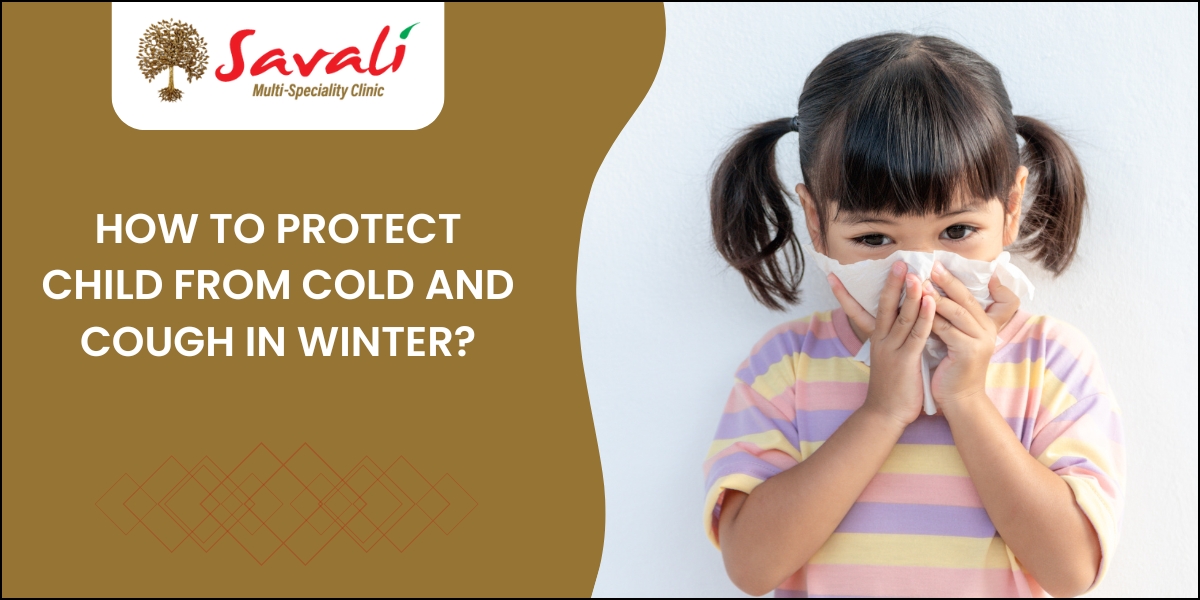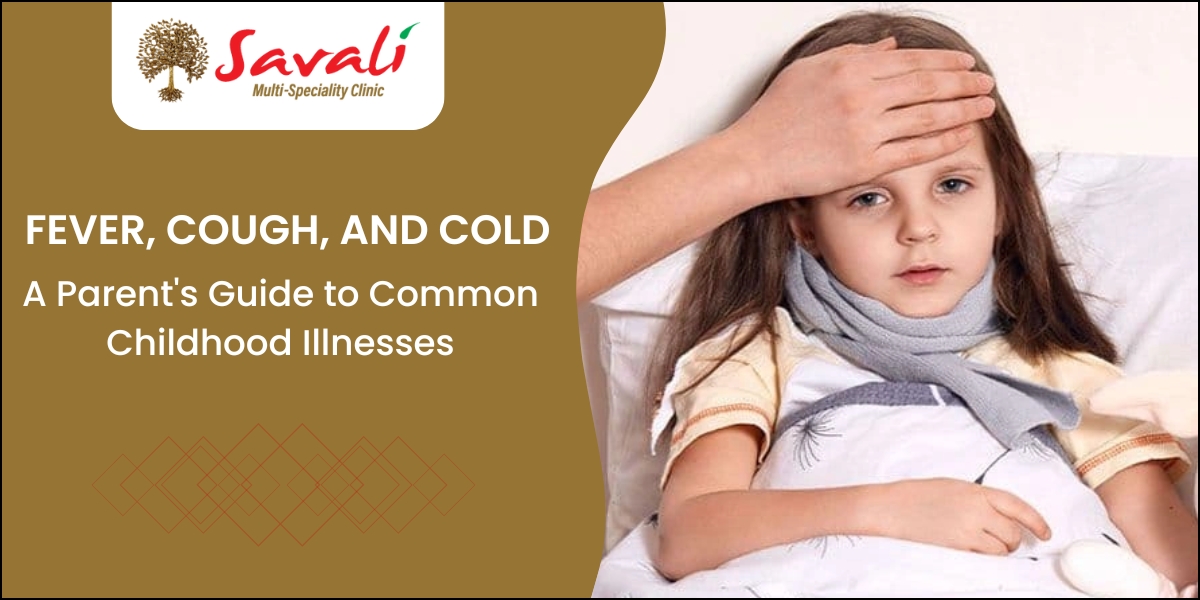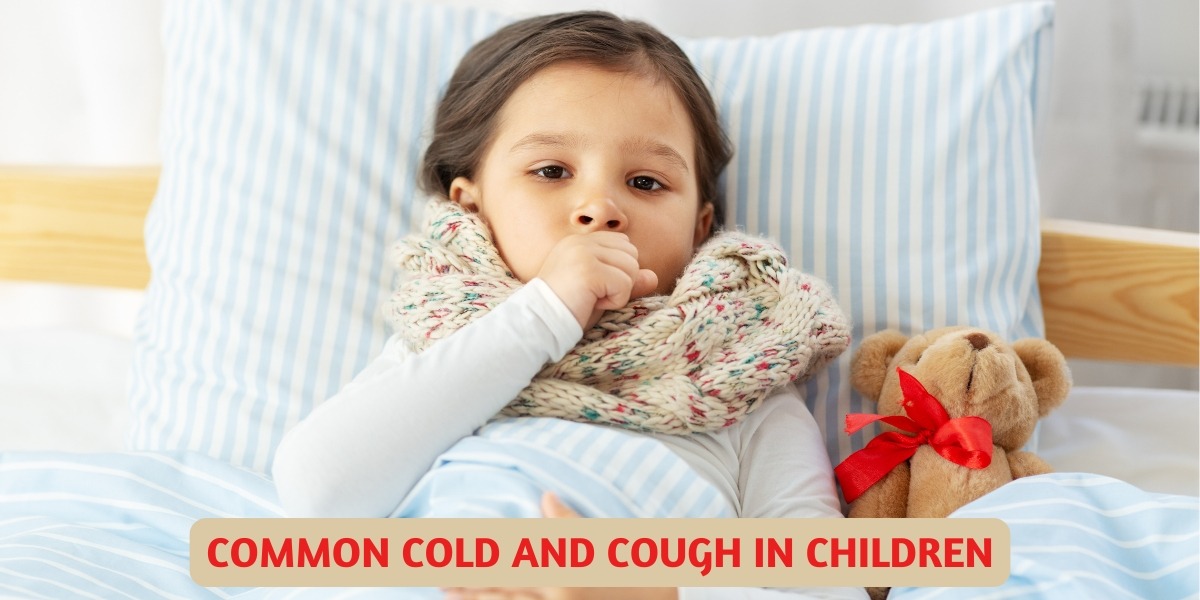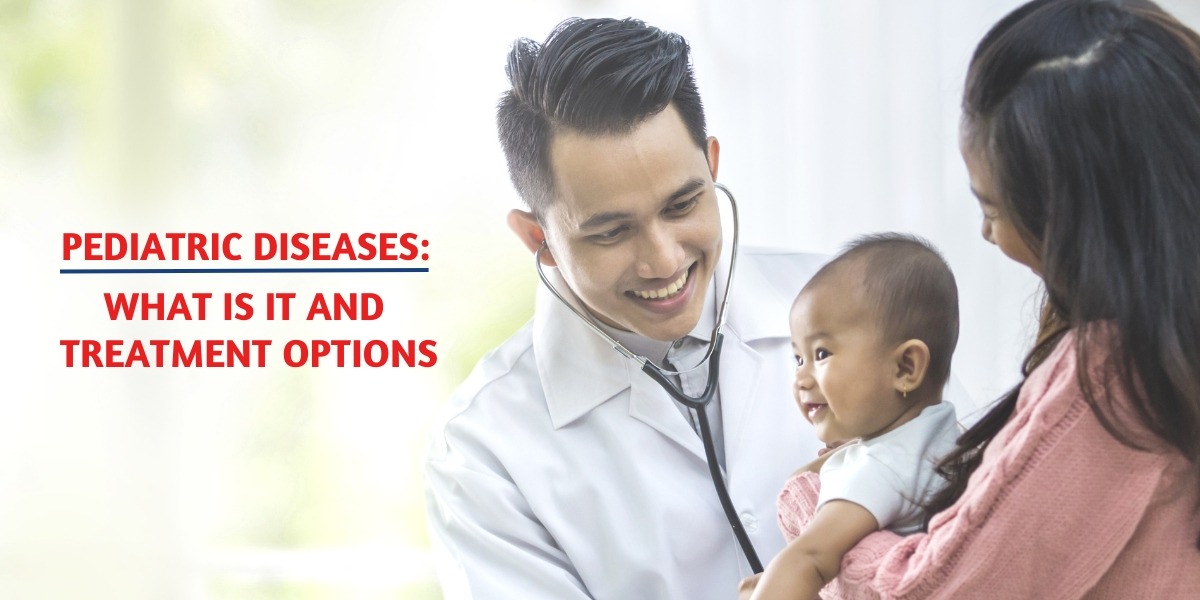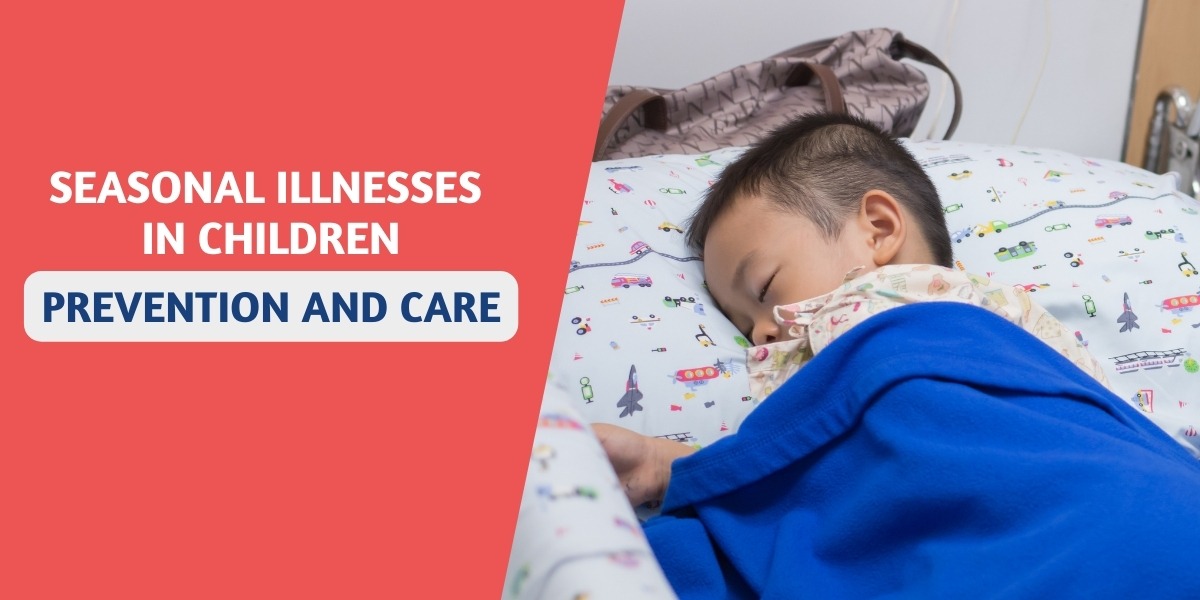As the winter chill sets in, so does the season of runny noses, persistent coughs, and worried parents. It’s common for children to catch several colds a year, but the colder months often see a spike. The good news is that with a few proactive steps, you can significantly strengthen your child’s defenses and create a healthier winter for the whole family.
Building a Strong Defense: Prevention is Key
-
Emphasize Hand Hygiene: This is your number one rule. Teach your child to wash their hands thoroughly with soap and water, especially after playing, before eating, and after sneezing or coughing. Make it a fun, 20-second ritual by singing a short song.
-
Dress in Layers, Not Just Bulk: Dressing your child in multiple light layers is more effective than one heavy jacket. This traps body heat and allows you to remove a layer if they get too warm while playing indoors, preventing sweat from chilling them later.
-
Boost Immunity with Nutrition: A well-balanced diet is a cornerstone of good health. Focus on:
-
Vitamin C: Found in citrus fruits, strawberries, and bell peppers.
-
Zinc: Present in beans, nuts, and whole grains.
-
Warm Fluids: Homemade soups, warm milk, and herbal teas (if age-appropriate) are comforting and help keep the respiratory tract hydrated.
-
-
Maintain Hydration: Even in cold weather, children need plenty of fluids. Water helps every system in the body function properly, including the immune system.
-
Create a Healthy Home Environment: Ensure your home is well-ventilated by letting fresh air in for a short while each day. Use a humidifier in your child’s room to combat dry air from heaters, which can irritate nasal passages and make them more susceptible to viruses.
When Sickness Strikes: Soothing the Symptoms
Despite your best efforts, if your child does catch a cold, focus on comfort and care. Ensure they get plenty of rest, continue with fluids, and use a saline nasal spray or drops to relieve congestion. For a persistent cough, a spoonful of honey (for children over one year old) can be very soothing. Always consult a pediatrician before giving any over-the-counter medication.
Frequently Asked Questions (FAQs)
1. What are the best natural remedies for a child’s winter cough?
For children over one, a teaspoon of honey in warm water is a safe and effective cough suppressant. Using a cool-mist humidifier, steam from a hot shower, and saline nasal drops are excellent natural ways to relieve congestion and soothe a cough.
2. When should I take my child to a doctor for a cold?
You should consult a pediatrician if your child has a high fever (over 102°F), shows signs of dehydration (less urination, no tears), has difficulty breathing, a cough that lasts more than a week, or if they are unusually lethargic or irritable.
3. How can I boost my child’s immunity to fight a cold?
A strong immune system is built on a foundation of a balanced diet rich in fruits and vegetables, adequate sleep (10-13 hours for preschoolers), regular physical activity, and staying up-to-date on all recommended vaccinations.
Navigating your child’s health, especially during the vulnerable winter months, requires expert guidance and compassionate care. For personalized advice you can rely on the expertise of Dr. Indrajeet Thorat, a trusted Pediatrician in Hadapsar practicing at Savali Multispeciality Clinic. He is dedicated to ensuring the well-being of your little ones through every season.

